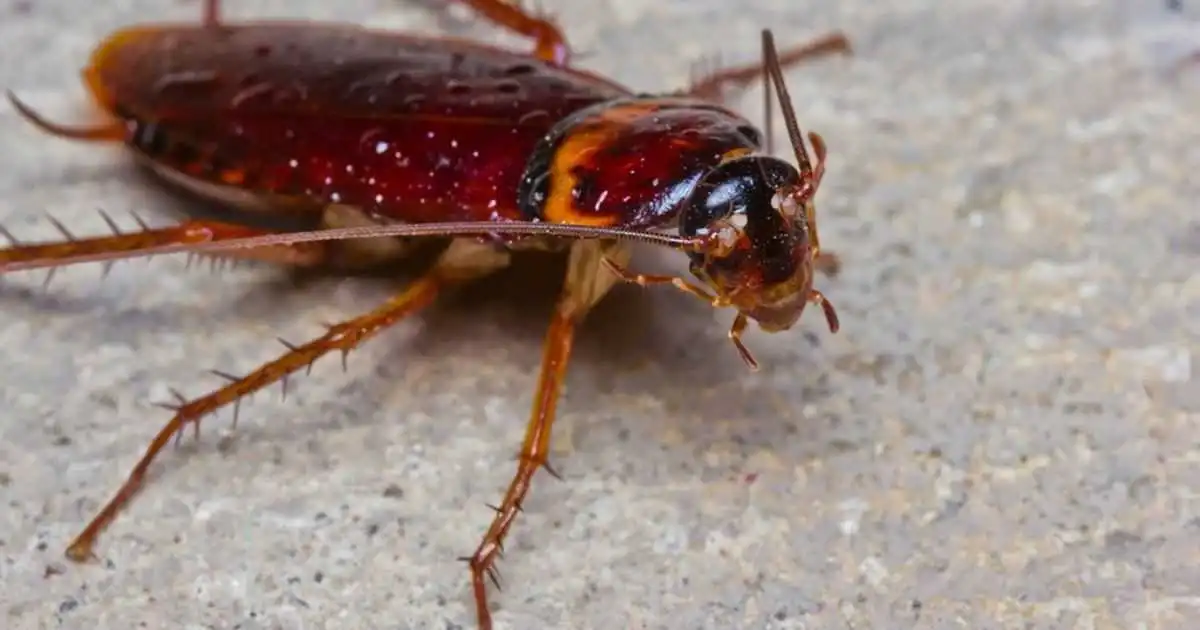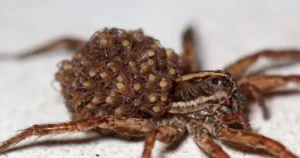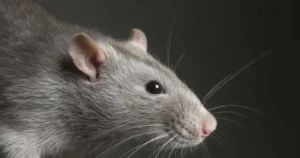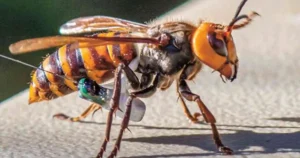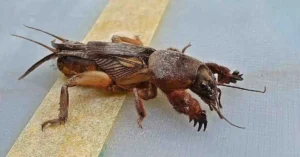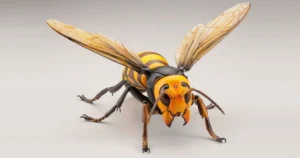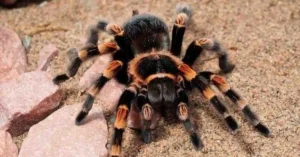Cockroach infestations are among the most persistent household challenges, posing health risks and affecting overall cleanliness. These pests are tough to eliminate due to their resilience and ability to adapt to various environments. This guide provides in-depth solutions for eradicating cockroaches, preventing their return, and optimizing your efforts with effective SEO keywords for broader visibility.
Cockroach Adaptability: The Challenge of Eradication
Cockroaches are among the oldest insects, with their evolutionary history dating back over 300 million years. Their ability to adapt and survive under extreme conditions makes them formidable pests. Cockroaches can survive for weeks without food, days without water, and even live for a period without their heads.
Understanding their biology highlights why conventional methods may not always work, underscoring the need for a strategic and comprehensive approach to pest control.
Uncommon Cockroach Entry Points to Consider
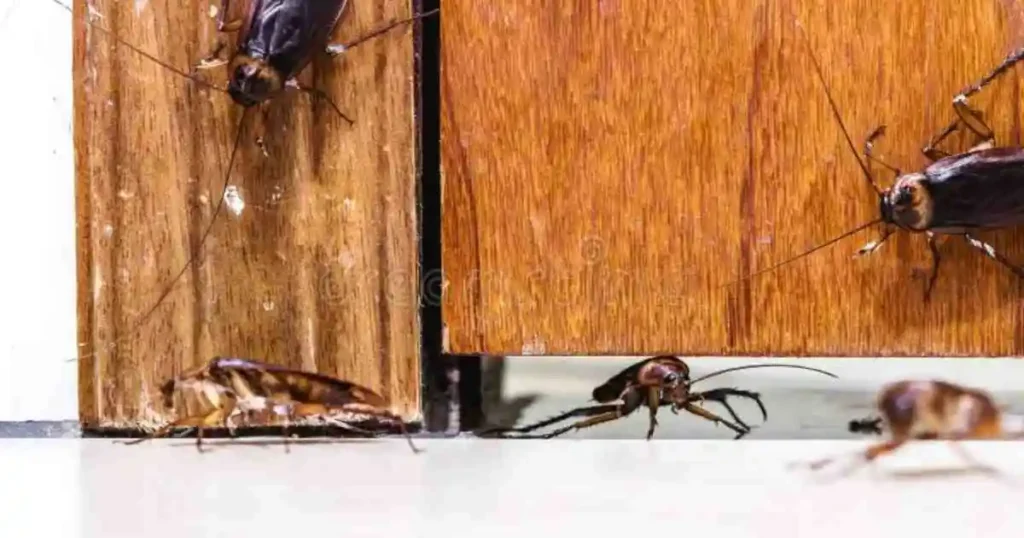
In addition to the common cracks and gaps, there are less obvious entry points that homeowners often overlook:
- Utility Lines: Pipes and cables running into the house provide pathways for cockroaches.
- Secondhand Appliances: Used electronics or furniture can harbor hidden roaches and eggs.
- Grocery Bags: Cockroaches can hitchhike from stores to your home in cardboard boxes or paper bags.
Inspect these areas frequently, especially when introducing items from outside sources.
Advanced Natural Remedies for Cockroach Control
Beyond boric acid and diatomaceous earth, several other natural solutions can prove effective:
- Cucumber Peels: Cockroaches dislike the smell of cucumber; placing fresh peels in problem areas can act as a mild deterrent.
- Soap and Water Mixture: A simple soapy water spray can suffocate cockroaches on contact by clogging their breathing pores.
- Cedarwood Oil: Known for its insect-repelling properties, this oil can be sprayed in corners and crevices for long-lasting protection.
These methods provide eco-friendly alternatives to harsh chemical treatments, especially for households with pets or young children.
The Importance of Integrated Pest Management (IPM)
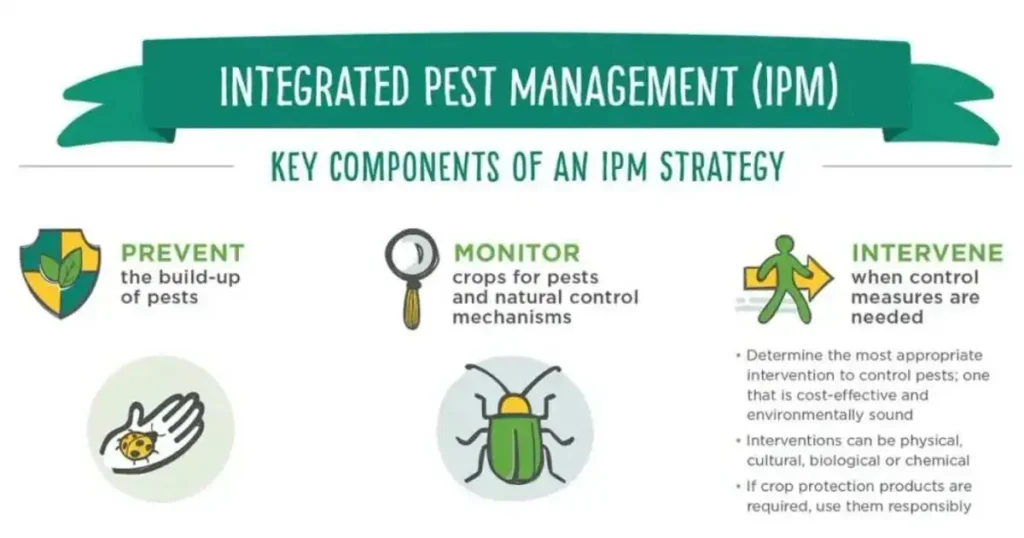
Integrated Pest Management (IPM) is a holistic approach that combines various methods to control pests sustainably. Key components of IPM for cockroach control include:
- Prevention: Implementing strict sanitation and sealing all potential entry points.
- Monitoring: Regular use of sticky traps to track pest activity.
- Cultural Controls: Reducing clutter and limiting access to food and water.
- Chemical Methods: Using targeted treatments only when necessary to minimize environmental impact.
Adopting IPM ensures long-term control and reduces dependence on chemical pesticides.
Understanding Cockroach Behavior for Targeted Control
Cockroaches are highly social creatures with a defined hierarchy. They communicate through chemical signals called pheromones, which they use to mark food sources and safe harborages. Disrupting these signals using natural repellents or bait systems can effectively scatter populations.
Additionally, roaches prefer environments where they feel secure, such as narrow crevices or cluttered spaces. Addressing these preferences helps in creating an inhospitable environment for them.
How to Deal With Cockroach Eggs
One overlooked aspect of roach control is the management of egg casings, or oothecae. Each casing can contain dozens of eggs, and failure to eliminate them can lead to reinfestations.
- Vacuum Thoroughly: Use a high-powered vacuum to suck up visible eggs from cracks and surfaces.
- Dispose of Trash Properly: Seal vacuum bags and dispose of them in outdoor bins immediately.
- Steam Cleaning: High-temperature steam can kill eggs hidden in carpets or furniture.
Targeting these eggs ensures that new generations do not emerge after initial control efforts.
The Role of Technology in Cockroach Control
Modern technology offers innovative tools for pest management:
- Smart Traps: IoT-enabled traps can monitor and report pest activity in real time.
- Ultrasonic Repellents: Devices emitting high-frequency sound waves claim to deter cockroaches, though their effectiveness is still debated.
- Infrared Scanners: These tools help identify cockroach nests behind walls or under floors.
Integrating these technologies with traditional methods enhances efficiency and provides long-term solutions.
Avoiding Common Mistakes in Cockroach Control
- Overusing Pesticides: Excessive spraying can lead to chemical resistance among cockroaches and pose health risks to humans and pets.
- Neglecting Hidden Areas: Failing to treat hard-to-reach spots like drains or wall voids allows roaches to regroup and spread.
- Inconsistent Efforts: Sporadic cleaning or treatment disrupts progress, allowing infestations to persist.
Consistency and a thorough approach are key to successful cockroach management.
Conclusion
Effective cockroach control requires a multifaceted approach that combines cleaning, natural remedies, and strategic use of technology. By understanding their habits, sealing entry points, and addressing infestations at their root, you can achieve a roach-free home. Preventive measures and consistent efforts are essential for long-term success. Remember, the sooner you act, the easier it will be to manage and eliminate these resilient pests.
FAQs
Q1: Can cockroaches survive without food and water?
Cockroaches can live without food for up to a month but need water within a week to survive. Reducing access to water is a critical step in controlling them.
Q2: What is the best bait for cockroaches?
Gel baits containing fipronil or hydramethylnon are highly effective. They attract cockroaches and deliver poison back to their nests.
Q3: Are cockroach repellents effective?
Natural repellents like peppermint oil or bay leaves can deter roaches but may not eliminate infestations. They are best used alongside other methods.
Q4: Do cockroaches bite humans?
While rare, cockroaches can bite humans if food sources are scarce. Their bites may cause minor irritation or allergic reactions.

James William is a passionate animal lover and expert in the Animals and Pets niche. With years of experience in pet care, wildlife studies, and blogging, James shares practical tips, heartwarming stories, and expert advice to help pet owners build stronger bonds with their furry, feathered, and scaly companions.
